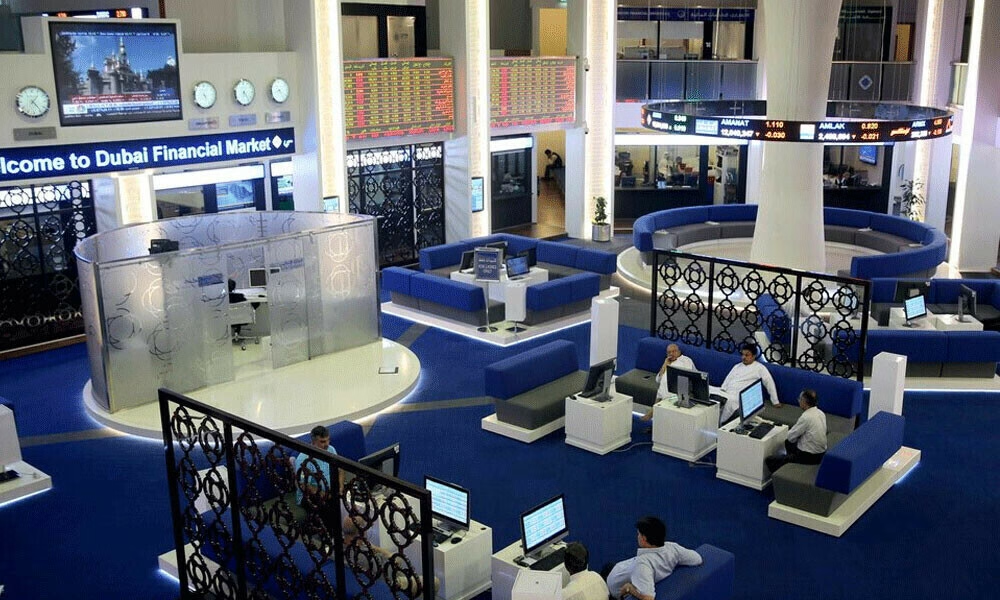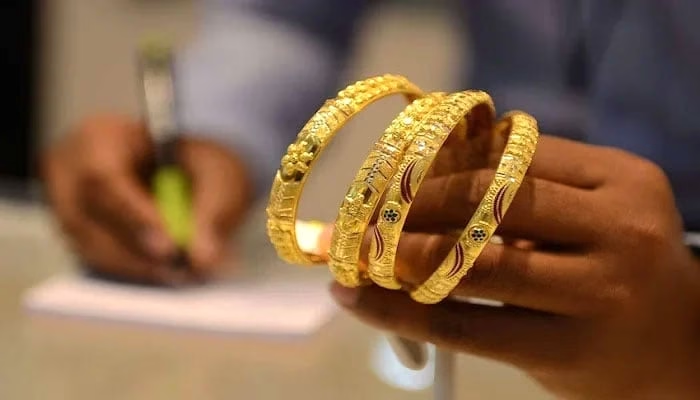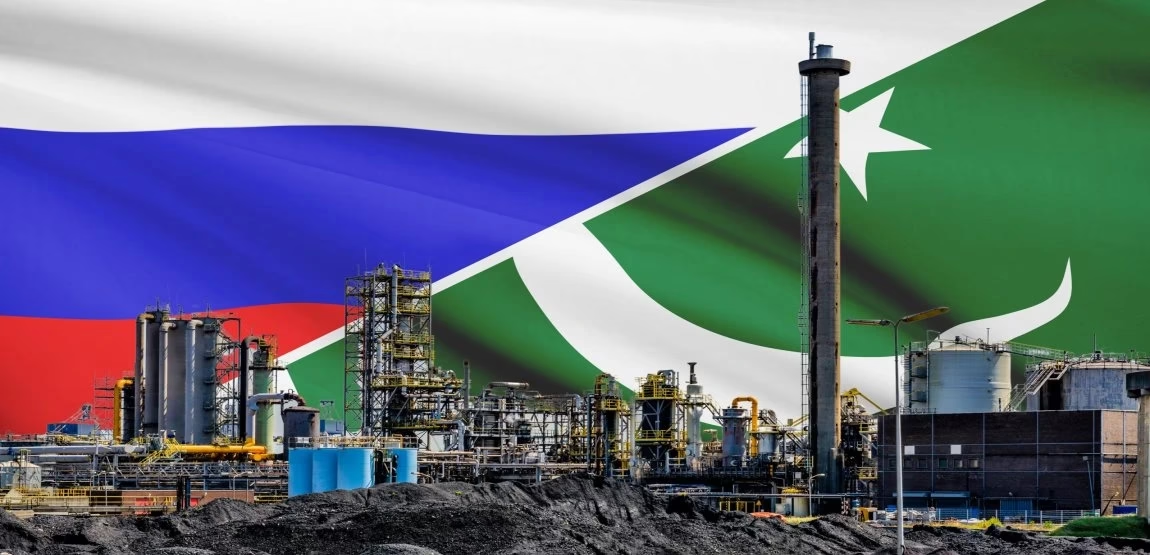Gulf stocks fell on Wednesday as regional investors tracked weaker global share markets while awaiting signals on the U.S. interest rate outlook from Federal Reserve Chair Jerome Powell. The Jackson Hole symposium, scheduled later this week, is drawing strong attention since U.S. monetary policy plays a pivotal role in shaping Gulf market dynamics, where most currencies are pegged to the U.S. dollar.
U.S. Interest Rate Outlook Drives Sentiment
The Federal Reserve’s policy decisions remain one of the most influential external factors for Gulf equity markets. Traders expect Powell’s Friday speech to clarify whether the Fed is leaning toward a rate cut next month. Any deviation from expectations could trigger sharp moves in regional stocks, particularly in interest rate-sensitive sectors like banking and real estate.
This linkage exists because Gulf currencies are largely pegged to the dollar, which means monetary conditions in the U.S. often spill over directly into the region. As global investors reallocate capital in anticipation of changes, Gulf stocks tend to reflect the shifts almost immediately.
Qatar Stocks Extend Losses
The Qatari benchmark index dropped for a fourth consecutive session, sliding 1.6%. Analysts attribute the decline largely to profit-taking after last week’s earnings-fueled rally. All major constituents ended the day lower, with Qatar Islamic Bank tumbling 2.9% and Qatar National Bank shedding 1.5%.
Market watchers highlight that investor caution ahead of the FTSE Global Equity Index quarterly review is weighing on sentiment. According to Osama Al Saifi, Managing Director for MENA at Traze.com, the review could impact institutional flows into Qatari equities, given the index’s influence among global funds.
Dubai Market Retreats After Gains
Dubai’s main stock index also posted a decline, falling 0.5% after four straight sessions of gains. The selloff was broad-based, affecting most sectors. Blue-chip developer Emaar Properties dropped 1%, while Emirates NBD slipped 1.3%.
Despite the pullback, market liquidity remains supported by strong corporate actions. Emirates NBD, the emirate’s largest lender, issued a 1 billion renminbi ($139 million) three-year Dim Sum bond at par with a 2.4% yield, according to IFR. Analysts view this issuance as a positive step for diversifying funding sources, though it did little to offset the day’s overall decline.
Abu Dhabi and Saudi Stocks See Mixed Trading
Abu Dhabi’s benchmark index eased 0.1%, dragged down by financial and energy-linked names. Abu Dhabi Islamic Bank lost 0.9%, while ADNOC Drilling fell 2%. Despite these losses, the broader index remains near multi-year highs, though its future direction depends heavily on external catalysts like oil prices and global rate policy.
Saudi Arabia’s benchmark index showed resilience, finishing largely flat. Gains in banking and consumer discretionary names balanced out losses in petrochemicals and utilities. Al Rajhi Bank rose 0.9% and Arab National Bank advanced 2.4%. In contrast, Saudi Basic Industries declined 2.6% and ACWA Power dropped 1.2%.
This mixed performance highlights the divergence between cyclical industries tied to global demand and defensive domestic sectors that continue to attract investor inflows.
Oil Prices Add Pressure
Lower oil prices also weighed on Gulf stocks. Brent crude slipped below $83 per barrel, raising concerns about fiscal revenues and government spending plans across the region. Since hydrocarbon exports remain the backbone of Gulf economies, fluctuations in energy prices tend to have a direct effect on investor confidence.
Osama Al Saifi noted that while Gulf indices remain close to multi-year highs, a correction is possible if fresh support fails to materialize. “The index continues to linger near key resistance levels, and without new buying catalysts, we may see some short-term weakness,” he explained.
Egypt Joins Regional Declines
Outside the Gulf, Egypt’s blue-chip index fell 1%, with nearly all of its constituents finishing in the red. Commercial International Bank retreated 1.5%, while Juhayna Food plunged 5.2%. The decline reflects broader risk aversion across emerging markets as global investors brace for Powell’s comments later this week.
Investors Await Jackson Hole Signals
The coming days are crucial for Gulf markets as investors position themselves ahead of the Jackson Hole symposium. Any indication that the Federal Reserve is preparing to cut rates could provide a short-term boost to equities by lowering borrowing costs and improving liquidity. Conversely, a more hawkish tone from Powell could pressure both global and Gulf stocks further.
Market participants will also be monitoring the FTSE Global Equity Index review, oil price movements, and ongoing corporate developments in the region. While short-term volatility may persist, the long-term growth story of Gulf economies, underpinned by diversification strategies and rising foreign investment, remains intact.



